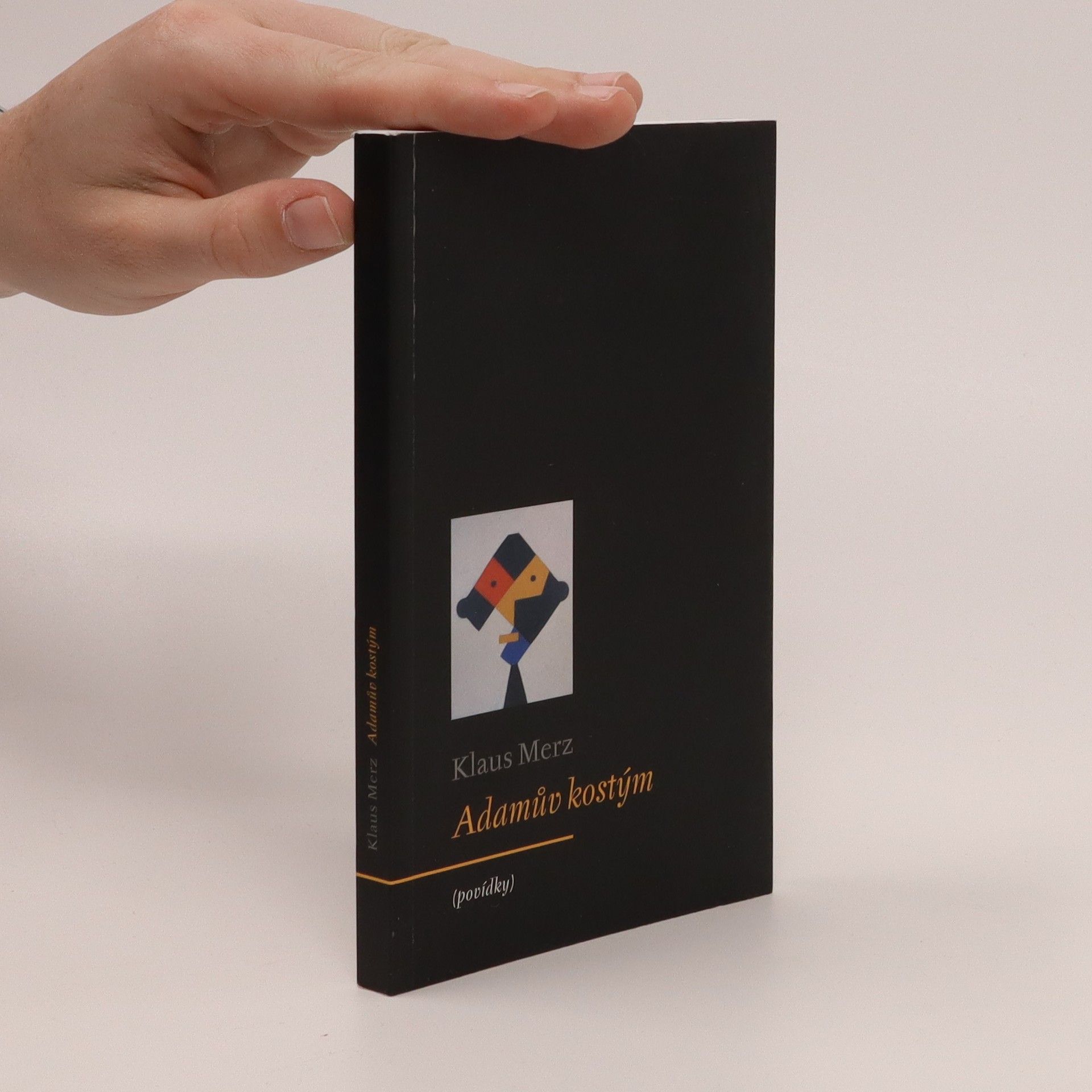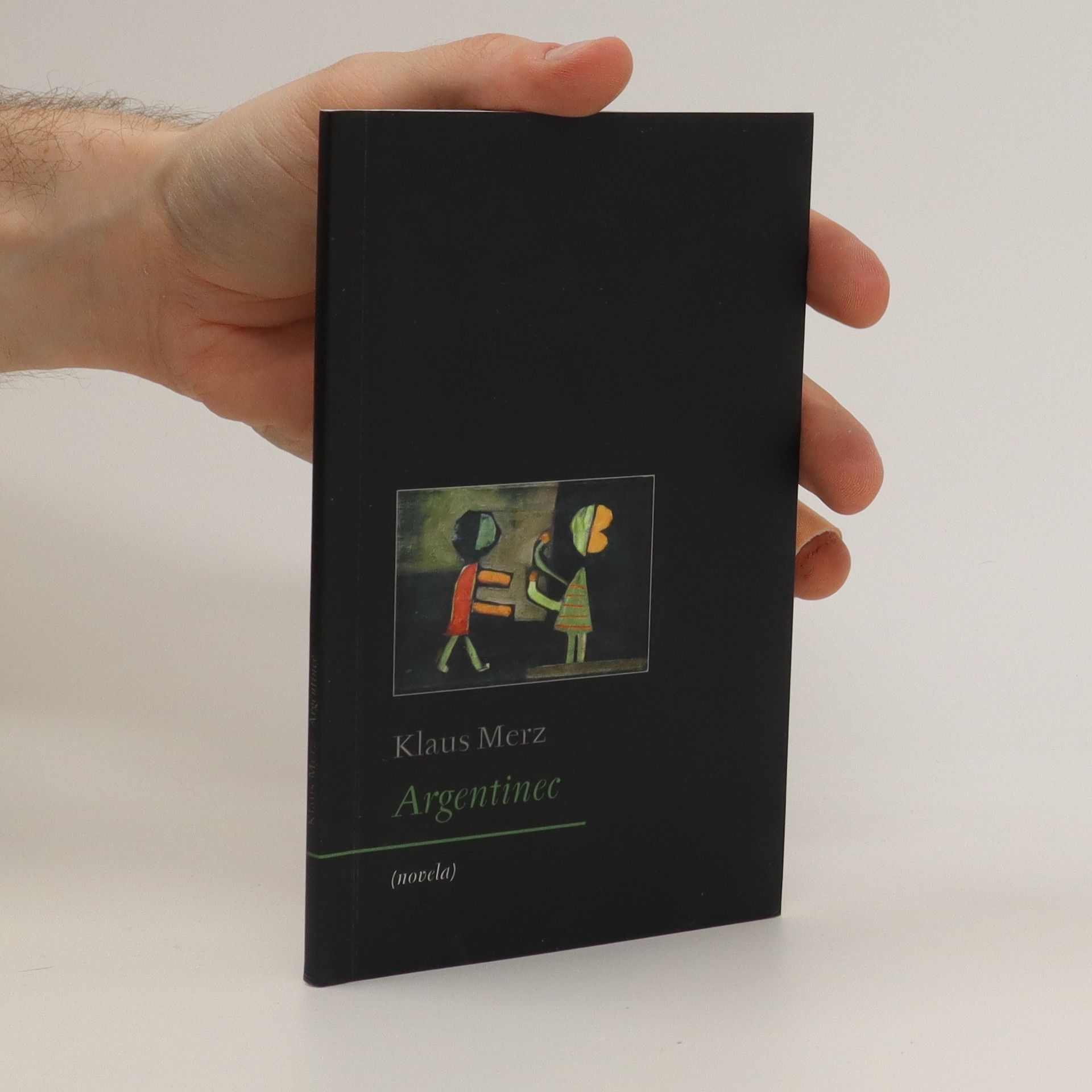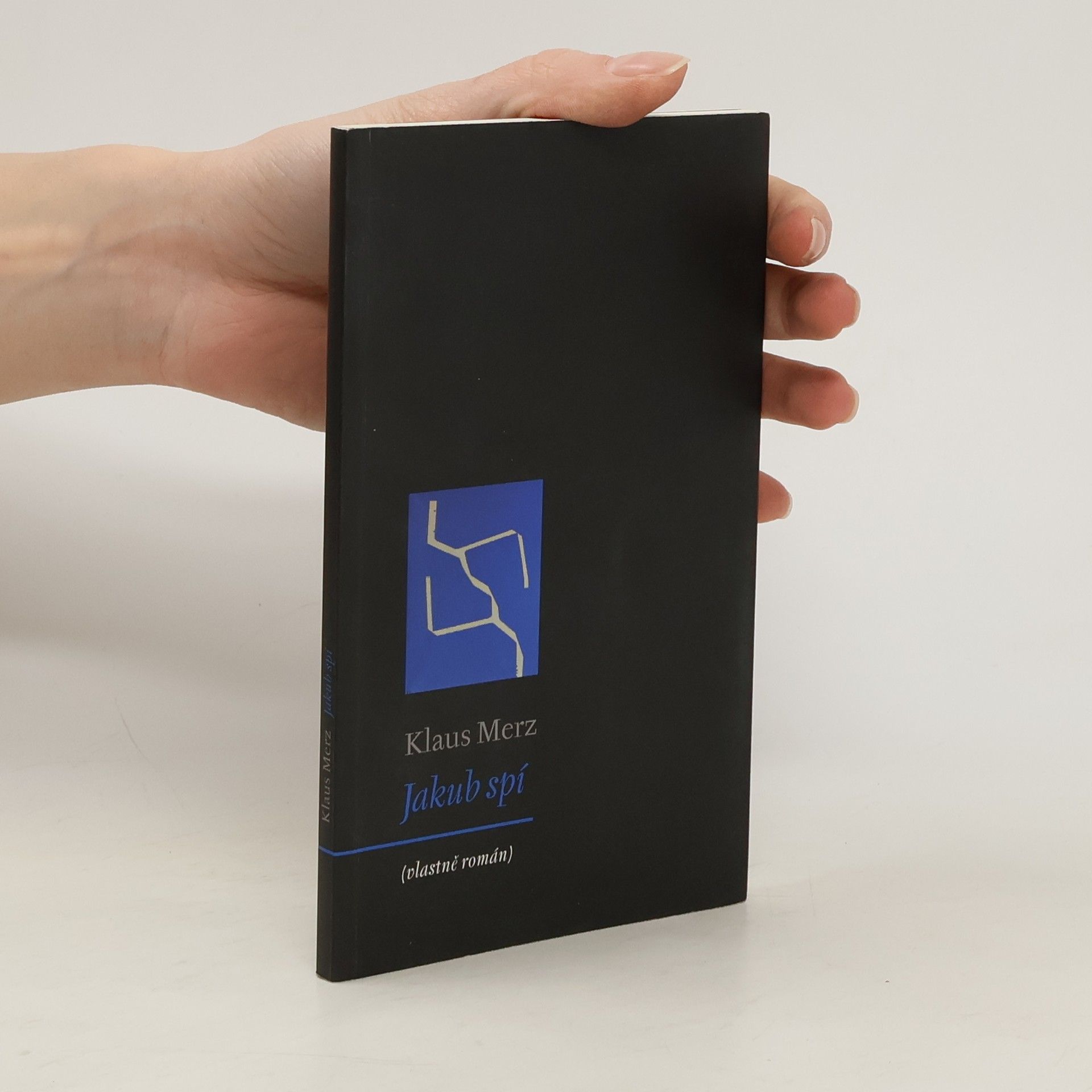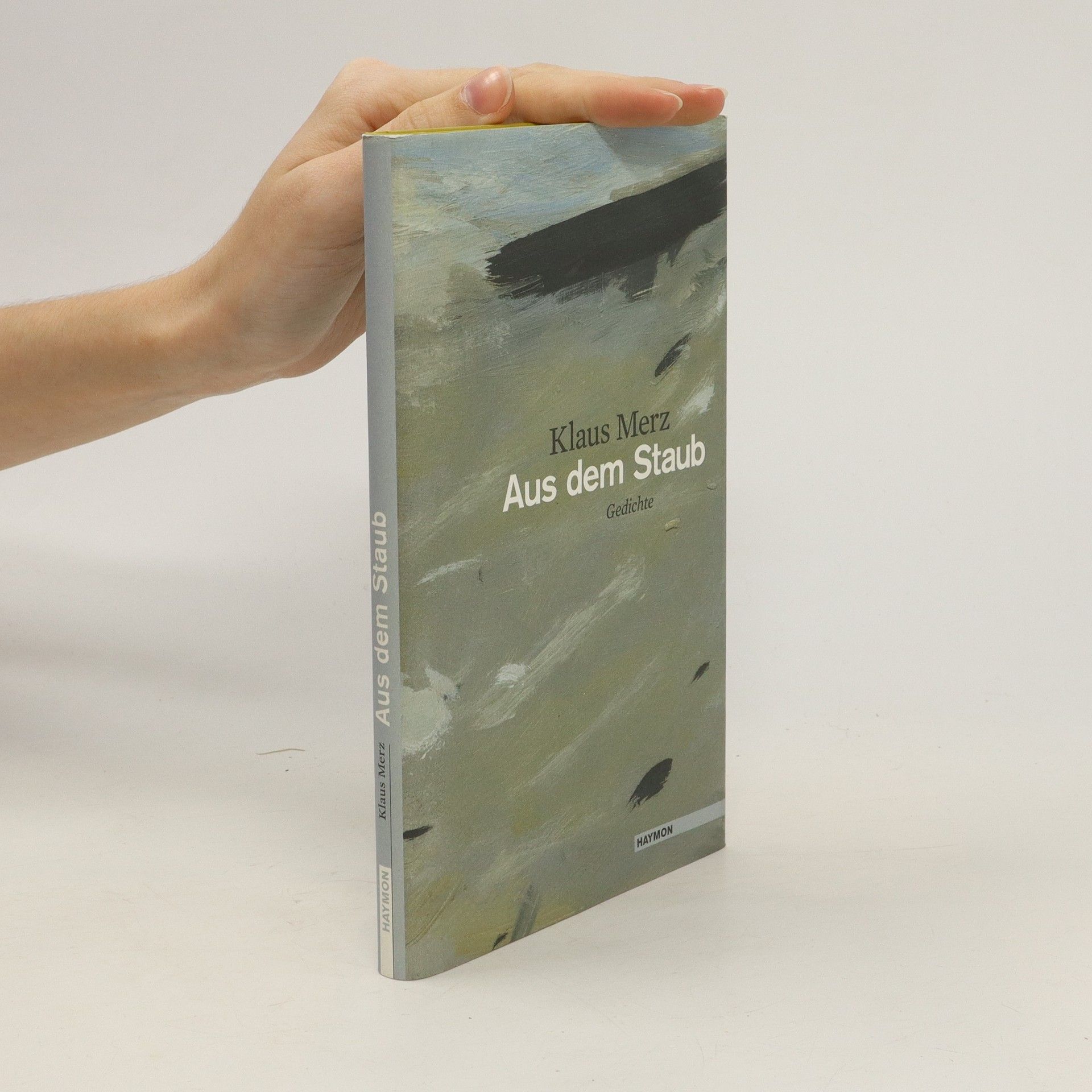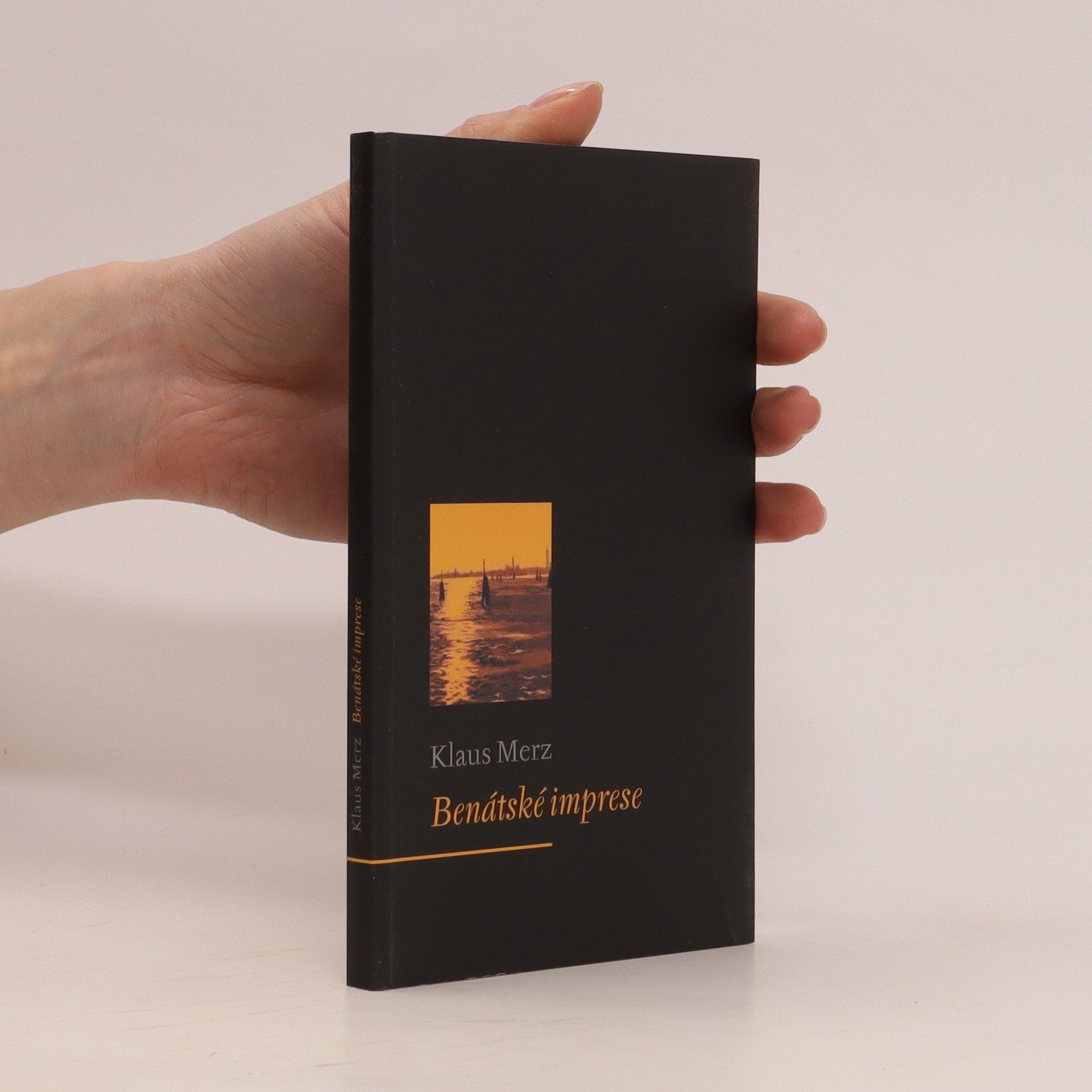Stigmata of Bliss
- 152pages
- 6 heures de lecture
Klaus Merz is one of the most prominent, prolific, and versatile Swiss writers working today. Celebrated as a master of concise, condensed sentences, Merz brings depth and resonance to spare narratives with lyrical prose and striking images. Stigmata of Bliss brings together three of Merz's critically acclaimed novellas, offering English readers the perfect introduction to his work. Jacob Asleep introduces a family marked by illness, eccentricity, and a child's death. In A Man's Fate, a moment of inattention on a mountainous hike upends a teacher's life and his understanding of mortality. And finally, The Argentine traces the fluctuations of memory and desire in a man's journey around the world. In each novella, Merz takes readers on a profound and intimate journey. Read as a whole, the works complement, enrich, and echo each other.

